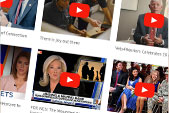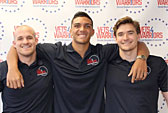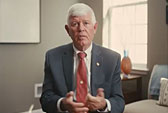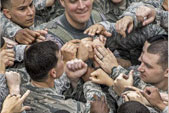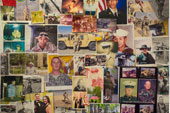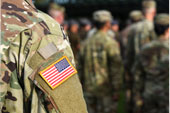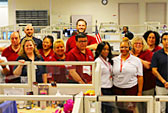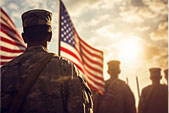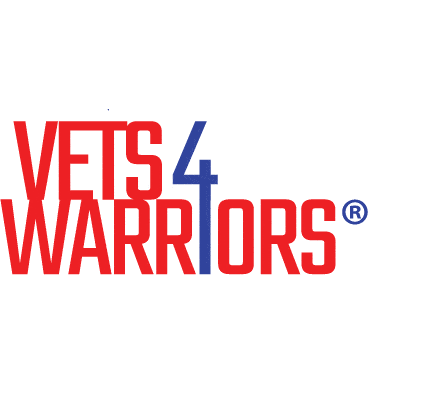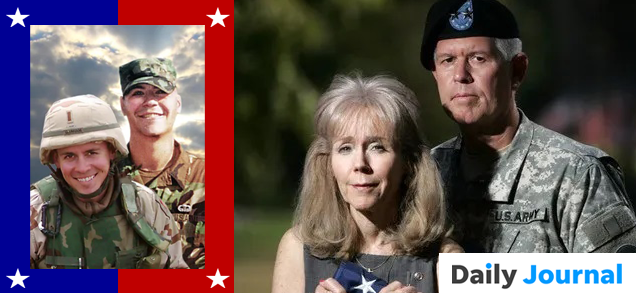It was a promise made – and kept – to a son being deployed to Iraq.
On Sunday, that promise is being recognized at The 33rd National Memorial Day Concert on PBS.
Hours before deploying to Iraq in November 2003 – and just three months before he was killed by a roadside bomb – Army 2nd Lt. Jeffrey Graham called his parents. He had one request – no matter what happened to him, never stop talking about Kevin.
Kevin was Jeffrey’s brother. Kevin, a 21-year-old ROTC senior cadet at the University of Kentucky, died by suicide in June 2003.
“When Jeffrey called us, he said, ‘Promise me that you will keep doing what you’re doing,’” said Mark Graham, a retired Army major general and director of the Vets4Warriors program at the Rutgers University Behavioral Health Care National Call Center. “‘There are too many Kevins in the world that need help.'”
Graham and his wife Carol have never stopped talking about Kevin. And they help “Kevins” every day.
Helping thousands
Vets4Warriors was founded in 2011 as a national peer support program. Originally part of the National Guard and the Department of Defense, the nonprofit organization now operates independently of the military.
“If one person is helped by our work, then it’s all worth it,” said Graham, also the executive director of the National Call Center at Rutgers.
Since its inception, the Vets4Warriors center has logged more than 89,000 consecutive hours of answering the phone line within 30 seconds.
Last year, the program’s peers helped about 8,000 veterans and active-duty soldiers, and over the last decade thousands have reached out to the center for services, mental health assistance and other resources.
“The majority of those individuals are new, and that’s key to understanding our reach,” said Graham, who retired from the military in 2012 and came to Vets4Warriors in 2013. “You don’t become a member of Vets4Warriors. You come through the ‘door’ and our goal is to help you thrive and keep going. Our mission is to ensure that no military member, serving or veteran, ever feels alone. We don’t want anyone out there to be alone anytime 24 hours a day. We want to support callers before their circumstances reach a point of crisis. They always know they can call reach out and talk to a veteran live.”
Click HERE to read the rest of this article on Daily Journal

